-
Search -
Accessibility -
Members Login
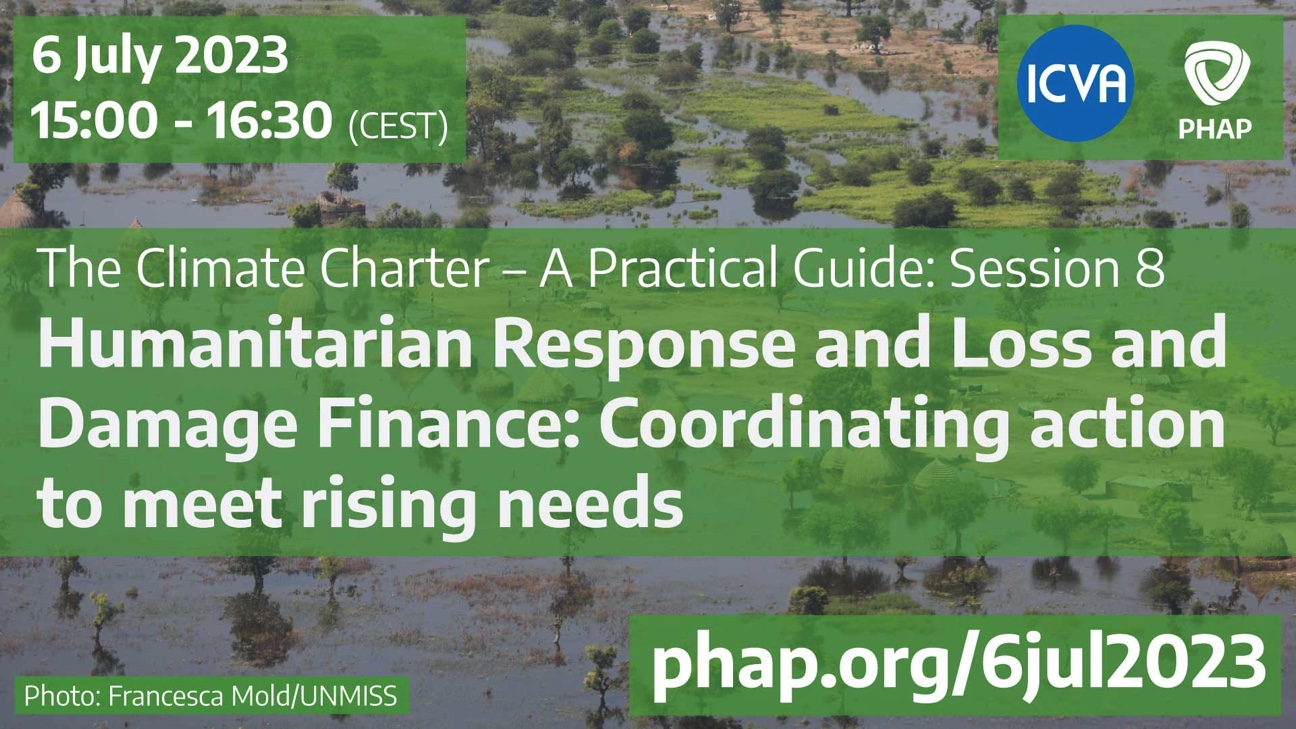
This topic focuses on the urgent need for improved coordination of financing mechanisms to mitigate the negative impacts of climate change. It is imperative to recognize that the lack of coordination between sectors in climate financing has led to underfunded sectors and created massive gaps, disproportionately impacting the most vulnerable countries.
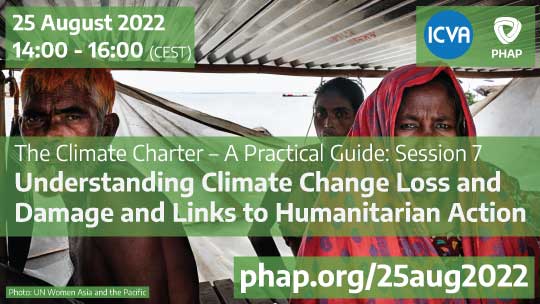
This learning stream provides a platform for the broader humanitarian community to better understand how we can reduce our impact of climate change by accelerating action and increasing environmental sustainability. The series focuses on practical ways of applying the Climate and Environment Charter for Humanitarian Organisations and sharing lessons learned on how the commitments can be translated into practice.
Topics covered in this webinar series include:
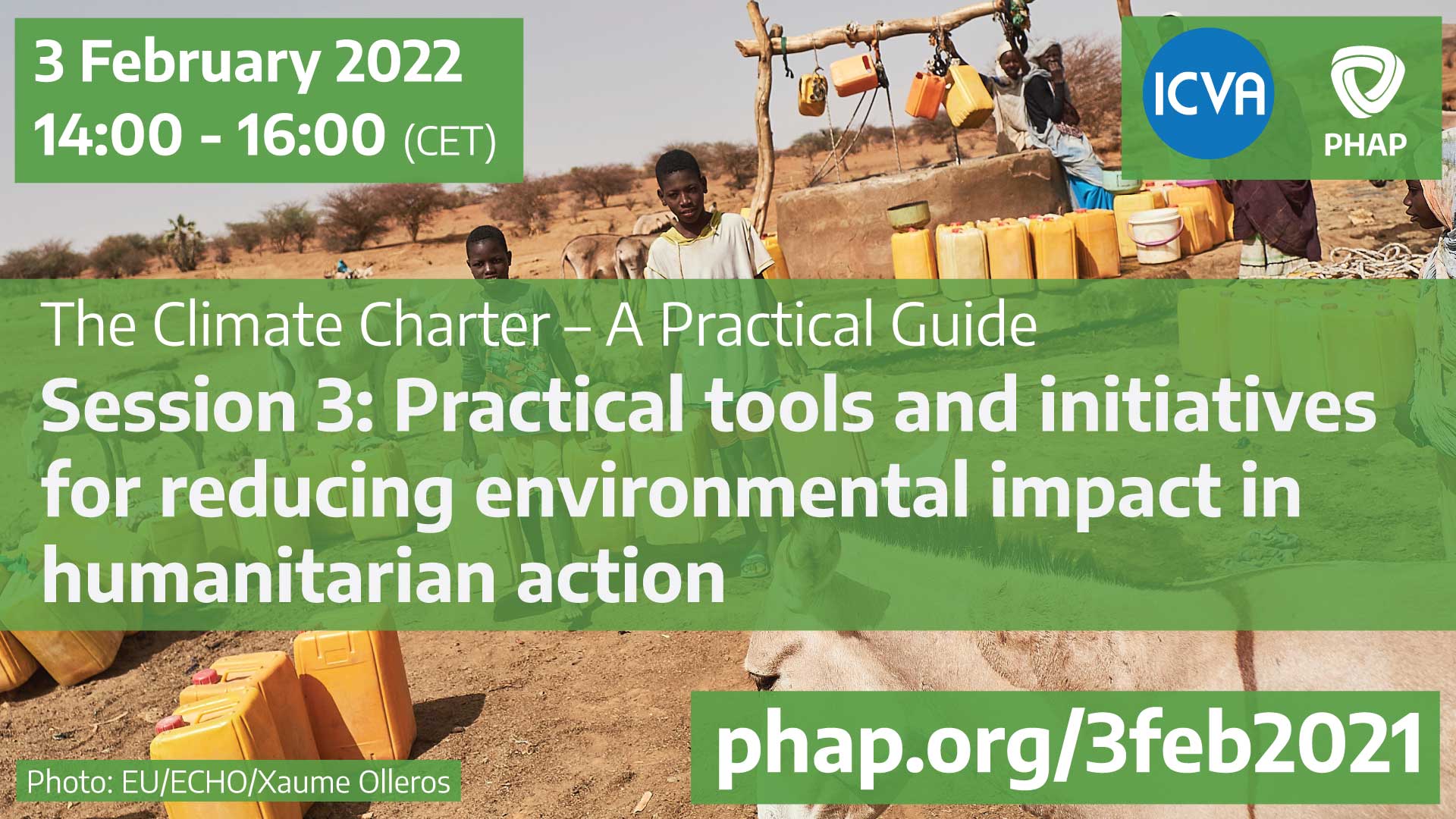
This topic provides a deeper insight into tools being developed and initiatives put into place by organisations to reduce their environmental impact.
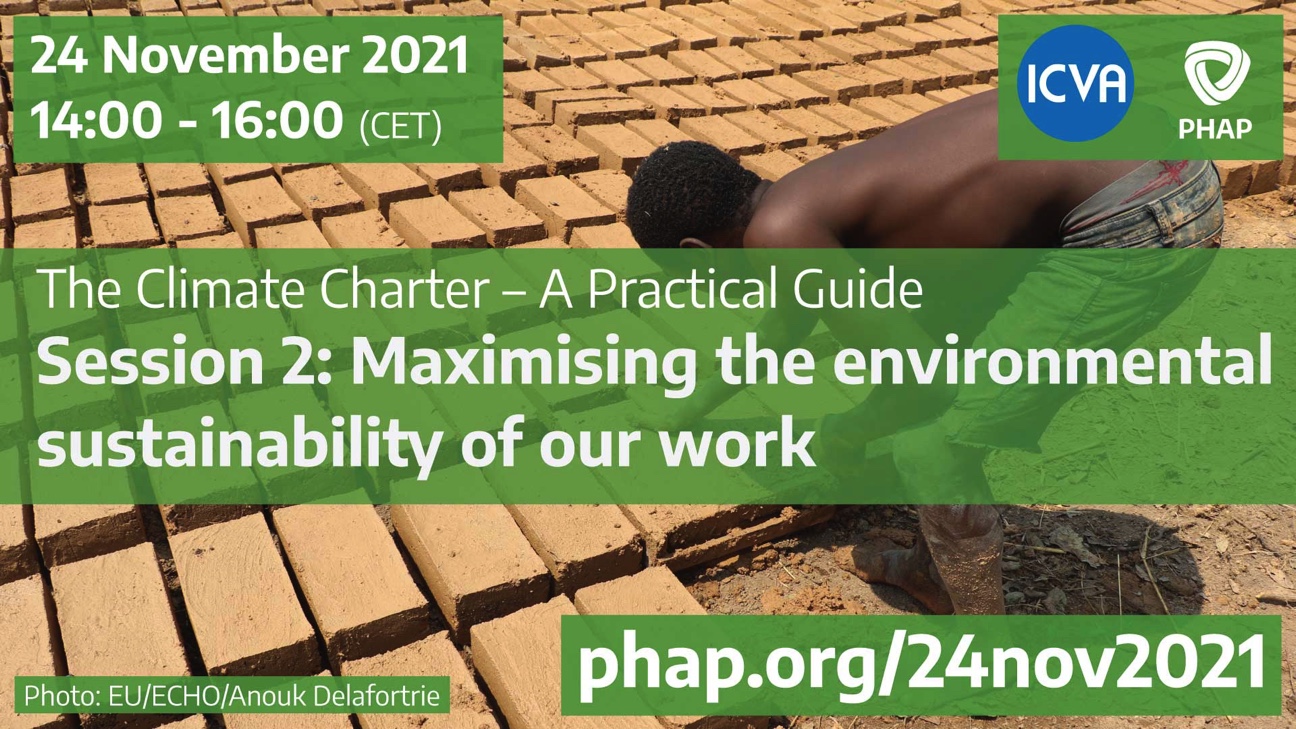
This topic focuses on the Commitment #2 of the Climate and Environment Charter for humanitarian organisations.
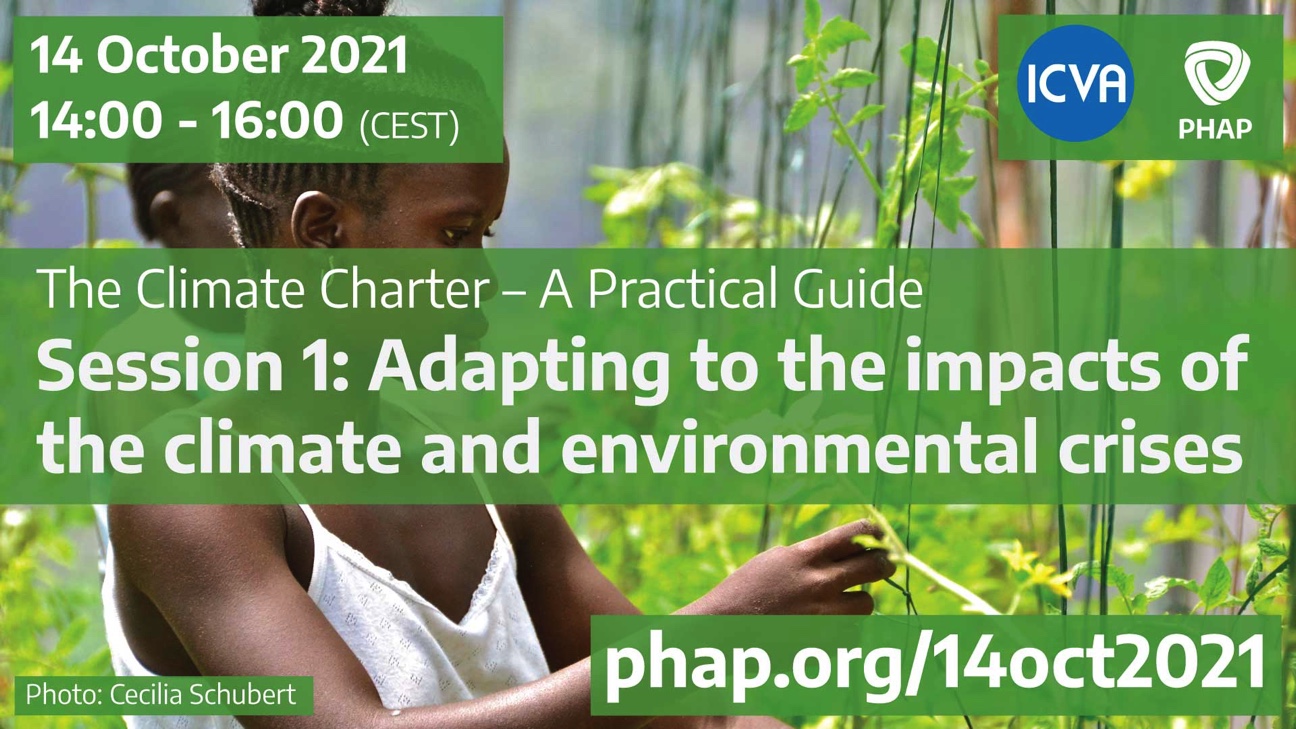
The webinar shares three organizations’ work to adapt and help address the impacts of climate and environmental crises. The tools or resources that NGOs can use are also discussed within this recording.
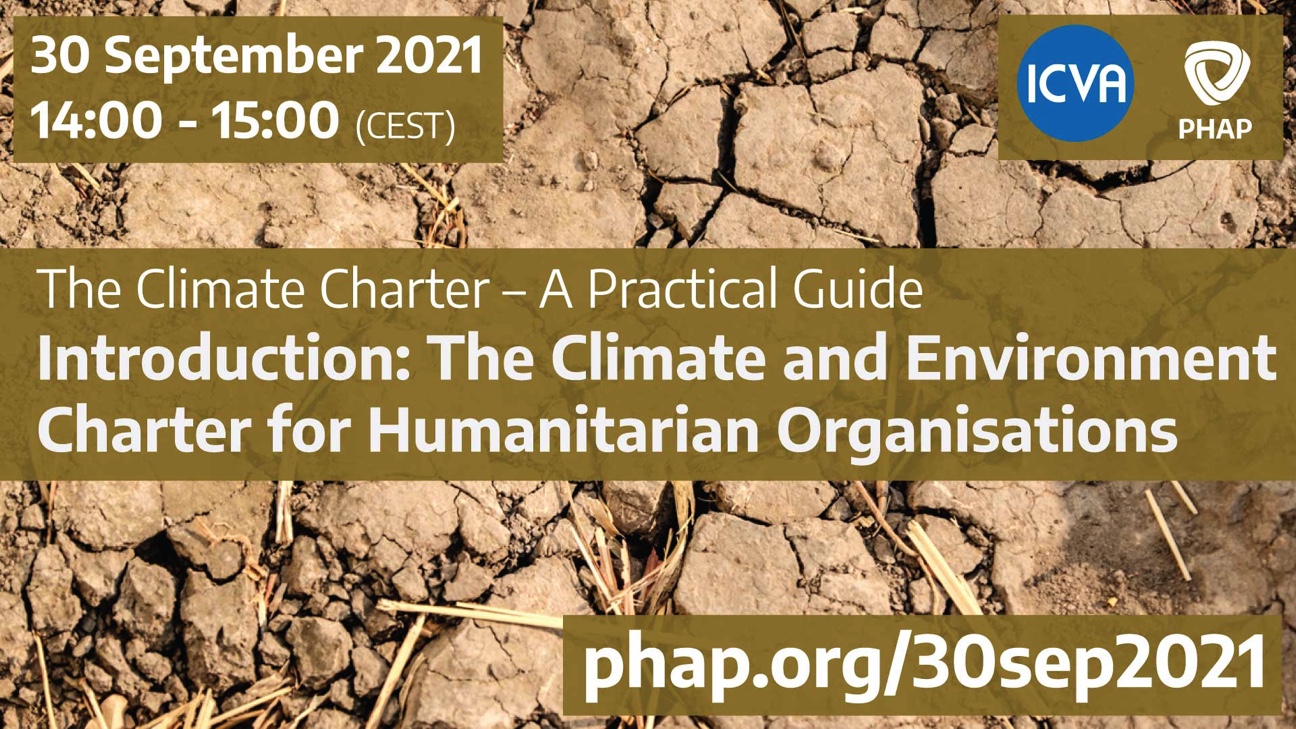
This webinar introduces the Climate and Environment Charter for Humanitarian Organisations that will serve as a reference point for the rest of this learning stream.

This webinar is part of the “Navigating Change” Learning Stream which includes webinars, briefing papers, and other resources on how NGOs are managing changing global, regional, and national contexts for humanitarian response.
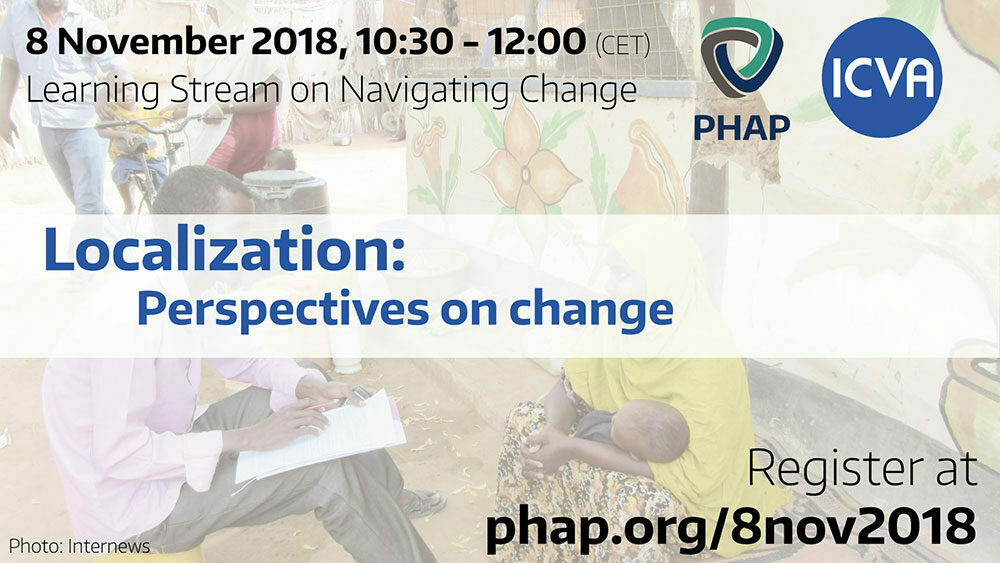
This webinar explores how governments, private donors and the business community see current opportunities, trends as well as challenges.
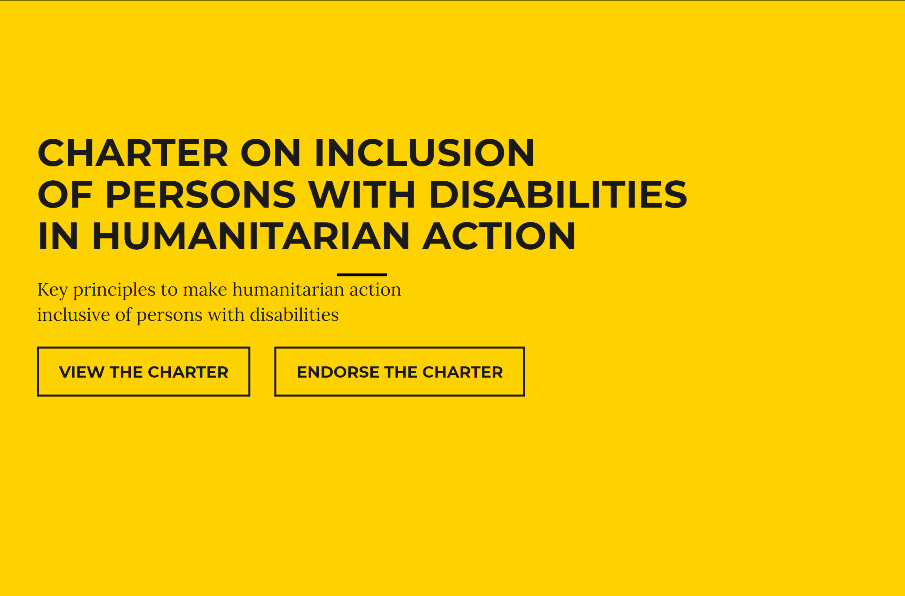
The Navigating Change learning stream provides a platform for the NGO community to better understand changes affecting the humanitarian sector.

Lorem ipsum dolor sit amet, consectetur adipiscing elit. Aenean ac urna at nibh porta volutpat ut non odio. Sed quis condimentum dui. Nullam erat erat, facilisis vitae nulla at, condimentum aliquet diam. Sed id pulvinar turpis. Vivamus malesuada auctor odio vel ornare. Aliquam sed dui egestas, hendrerit nulla non, egestas libero. Aliquam erat volutpat. Nulla eu metus eu diam sodales dictum. Integer eget nisl turpis. Sed est diam, dictum eget orci nec, dapibus dictum lacus. Pellentesque porta nibh ac molestie congue. Aenean dictum libero a sodales maximus. Nulla id turpis erat.
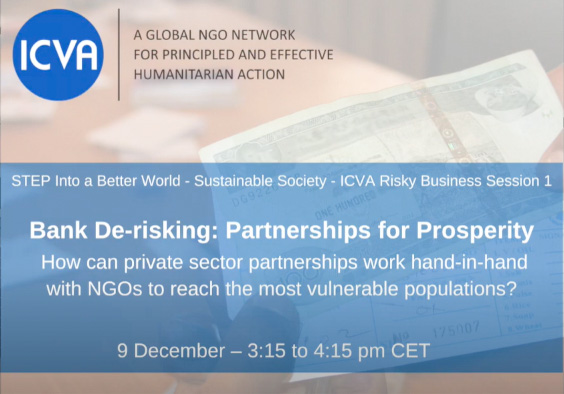
On 9 & 10 December 2020, ICVA together with the Civil Society Action Committee, were co-organisers for the STEP event under the theme of sustainable society. STEP into a Better World was a virtual conference dedicated to driving action for the 17 Sustainable Development Goals which were collated into four accessible themes. These are: Sustainable society, Technology & innovation, Environment & nature and Partnering for a Better World.
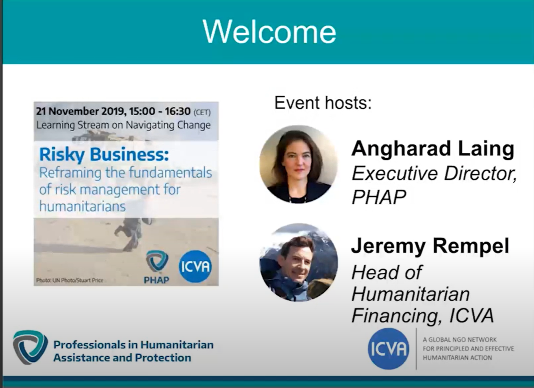
Risk awareness is something that is embedded in the culture of humanitarian work but risk management is not. Therefore, it is critical for NGOs to understand how to identify and manage risk. This learning stream provides a platform for the NGO community to share their current practice, discuss, and learn from one another in order to better understand how to manage risks when working in the humanitarian sector and apply it in their day-to-day work.
This series includes webinars on the following topics:
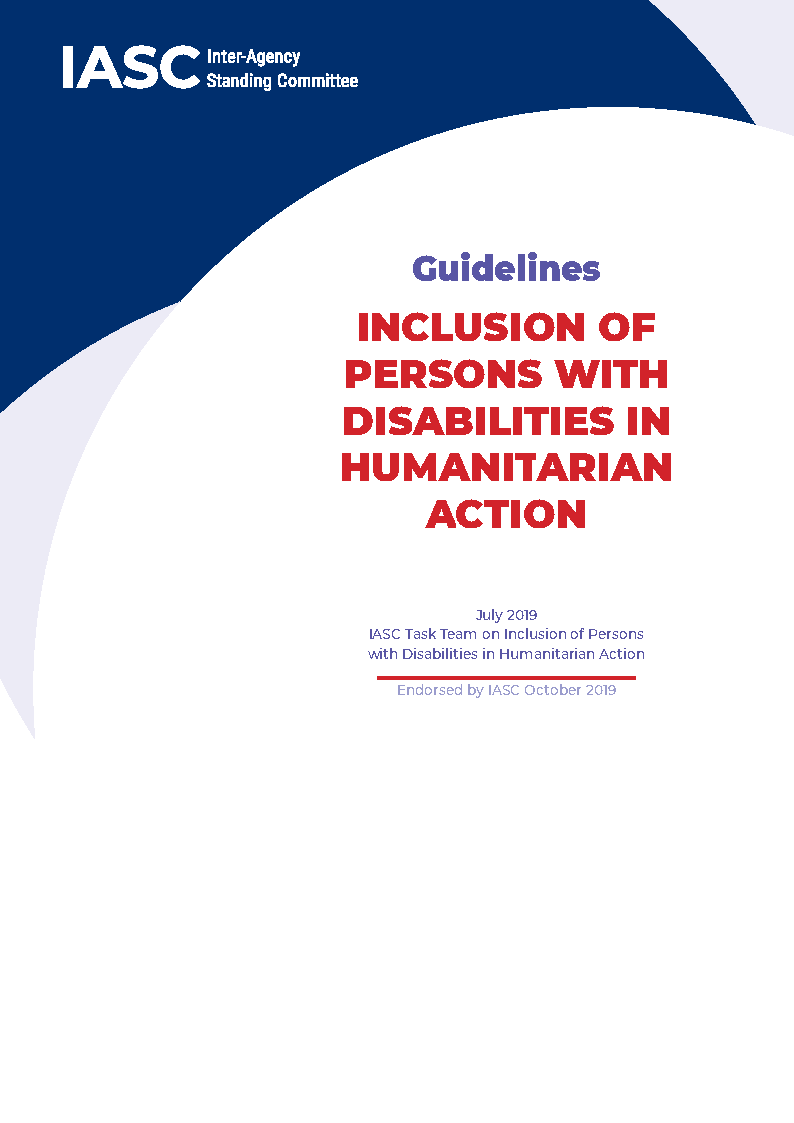
This webinar provides an in-depth look at how the guidelines endorsed by IASC can make humanitarian action more inclusive.